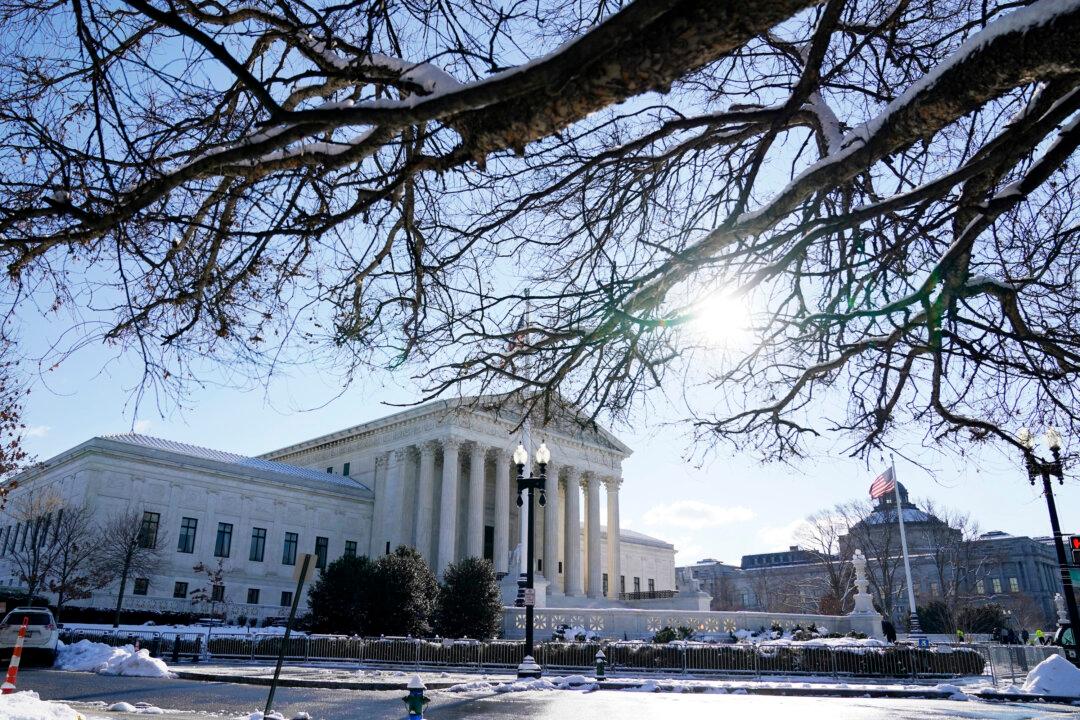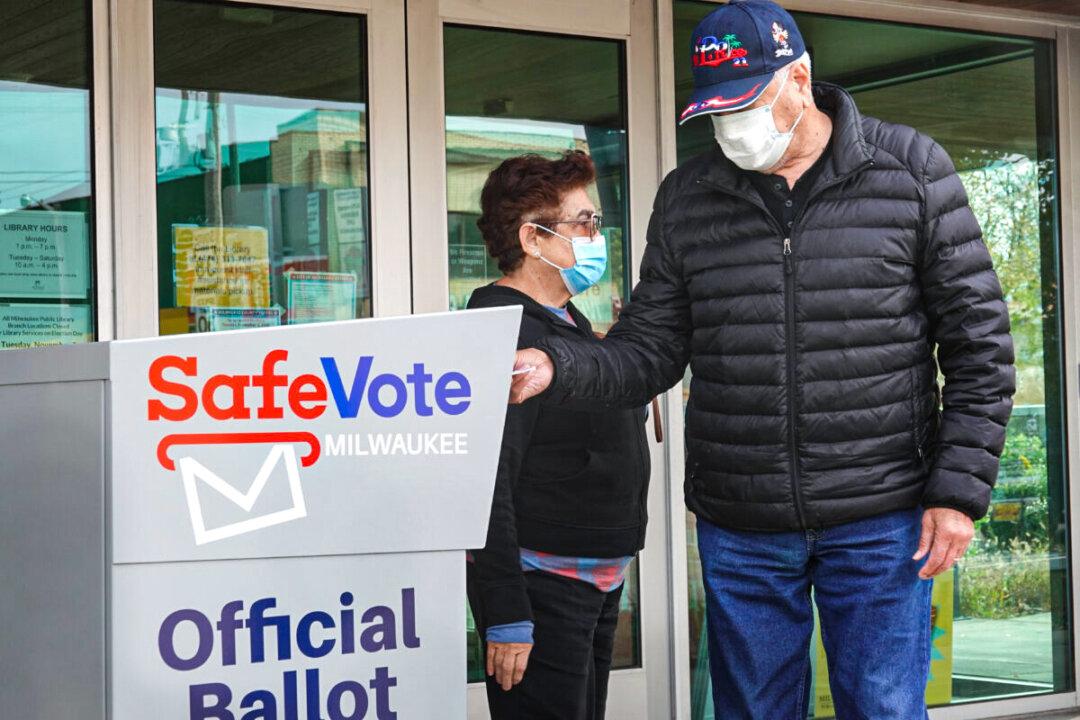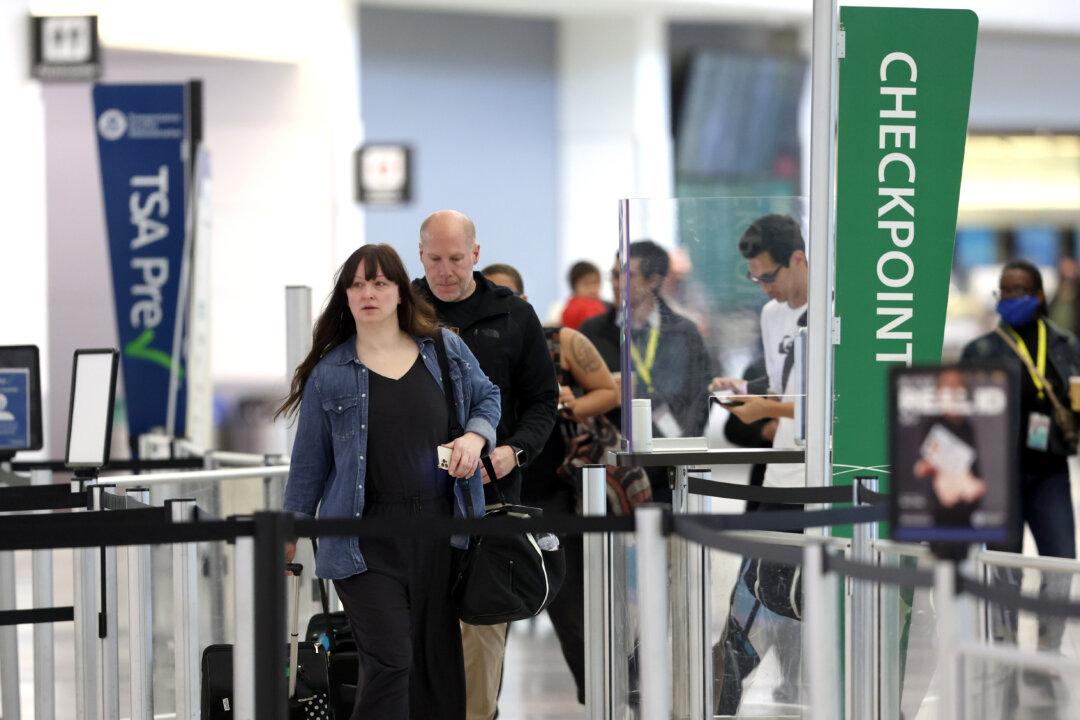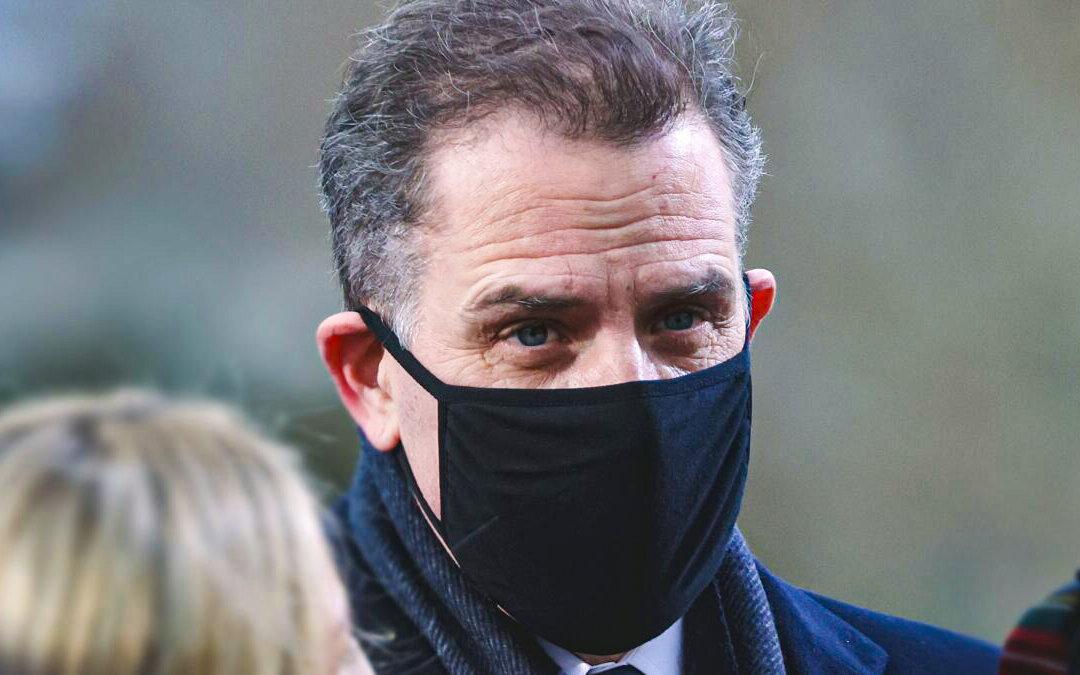Commentary
In attempting to impose a vaccine mandate not merely on the federal government but throughout the private sector—on all companies with 100 or more employees—the Biden administration recognized it faced a constitutional obstacle. Where does the Constitution grant the president or his executive branch the authority to do this?





